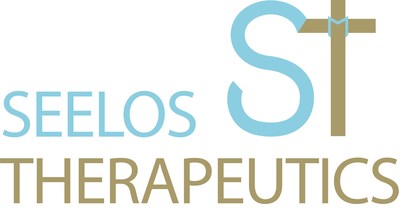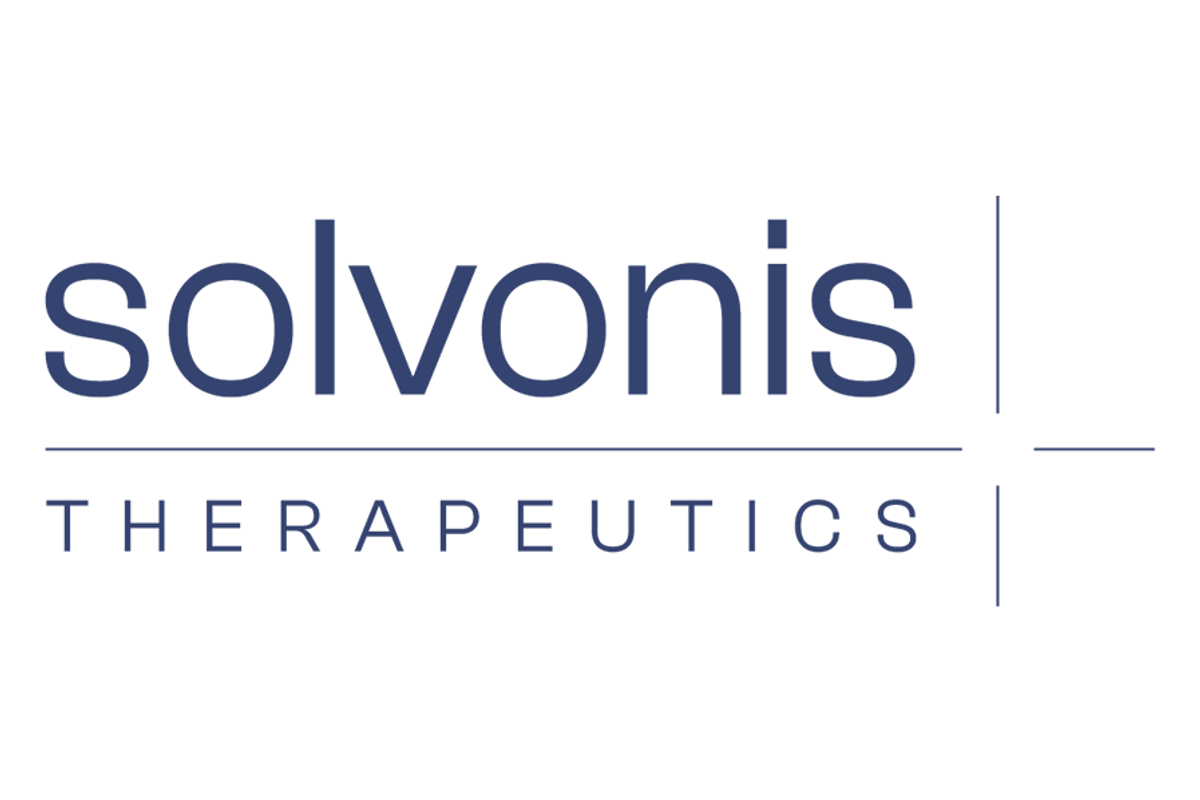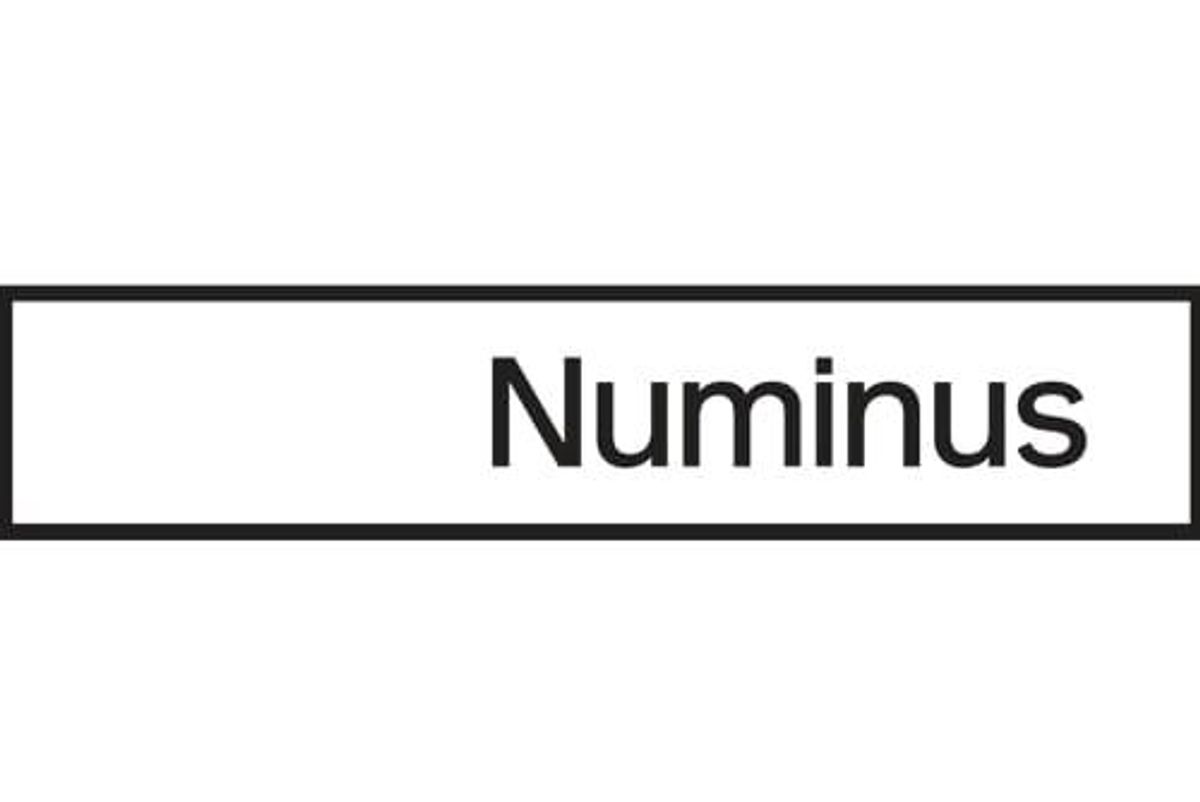- Seelos Therapeutics, Inc. (Nasdaq: SEEL), a clinical-stage biopharmaceutical company focused on the development of therapies for central nervous system disorders and rare diseases, announced today the signing of a Sponsored Research Agreement (SRA) with Duke University to use the MPTP-induced Parkinson's Disease (PD) mouse model to establish in vivo proof-of-concept study to demonstrate that administration of LV-dCas9-DNMT3A virus can prevent andor delay PD and test the efficacy and safety of SLS-004. Subsequently, other pre-clinical models would be utilized to further validate the investigational product.
"We are extremely pleased to begin the in vivo target engagement study with SLS-004 at Duke as it builds onto the work we began in the spring focused on designing a vector capable of inducing and suppressing Parkinson's related phenotypes," said Raj Mehra Ph.D., Chairman and CEO of Seelos. "Initiating this next portion of the studies at Duke should help us further validate this approach in Parkinson's."
Seelos has also begun work on designing a vector capable of inducing and suppressing PD-related phenotypes by carrying a unit to overexpress the alpha-synuclein (α-synuclein) protein and a unit to mediate inducible suppression of α-synuclein. The process aims to create a next-generation suppressive unit, carrying a more effective effector molecule than previously used, in the form of DNA methyltransferase 3A and 3L (DNMT3A & L). This research may help to advance a potential novel, effective and precise tool for reversing SNCA pathologies that can provide a valuable new therapeutic strategy for treating PD.
About SLS-004
SLS-004 is a novel epigenome-editing approach to modulate expression of SNCA gene mediated by modification of DNA-methylation. SLS-004 utilizes an all-in-one lentiviral vector harboring dCas9-DNA methyltransferase 3A (DNMT3A) to enrich DNA-methylation within CpGs island at the SNCA intron 1 region. The system resulted in a precise and fine-tuned downregulation (30%) of SNCA overexpression in hiPSC-derived dopaminergic neurons from a PD patient with the triplication of the SNCA locus (SNCA-Tri). Most importantly, the reduction of SNCA expression mediated by the developed system was sufficient to ameliorate disease related cellular phenotypes. The in vitro studies achieved several key millstones including the establishment that DNA hypermethylation at SNCA intron 1 allows an effective and sufficient tight downregulation of SNCA expression levels and suggests the potential of this target sequence combined with the CRISPR-dCas9 technology as a novel epigenetic-based therapeutic approach for PD.
Forward Looking Statements
Statements made in this press release, which are not historical in nature, constitute forward-looking statements for purposes of the safe harbor provided by the Private Securities Litigation Reform Act of 1995. These statements include, among others, those regarding the initiation of a proof-of-concept study to demonstrate whether administration of the LV-dCas9-DNMT3A virus can prevent and/or delay PD, the potential for the LV-dCas9-DNMT3A virus to prevent and/or delay PD, the efficacy and safety of SLS-004, the potential use of other pre-clinical models to validate SLS-004, the potential for the in vivo proof-of-concept study to validate the design of a vector capable of inducing and suppressing PD-related phenotypes, and the potential for Seelos' research to advance a novel, effective and precise tool for reversing SNCA pathologies. These statements are based on Seelos' current expectations and beliefs and are subject to a number of factors and uncertainties that could cause actual results to differ materially from those described in the forward-looking statements. Risks associated with Seelos' business include, but are not limited to, the risk of not successfully executing its preclinical and clinical studies and not gaining marketing approvals for its product candidates, the risk that prior test results may not be replicated in future studies and trials, the risks that clinical study results may not meet any or all endpoints of a clinical study and that any data generated from such studies may not support a regulatory submission or approval, the risks associated with the implementation of a new business strategy, the risks related to raising capital to fund its development plans and ongoing operations, risks related to Seelos' current stock price, risks related to the global impact of COVID-19, as well as other factors expressed in Seelos' periodic filings with the U.S. Securities and Exchange Commission, including its Annual Report on Form 10-K and Quarterly Reports on Form 10-Q. Although we believe that the expectations reflected in our forward-looking statements are reasonable, we do not know whether our expectations will prove correct. You are cautioned not to place undue reliance on these forward-looking statements, which speak only as of the date hereof, even if subsequently made available by us on our website or otherwise. We do not undertake any obligation to update, amend or clarify these forward-looking statements, whether as a result of new information, future events or otherwise, except as may be required under applicable securities laws.
Contact Information:
Anthony Marciano
Head of Corporate Communications
Seelos Therapeutics, Inc. (Nasdaq: SEEL)
300 Park Ave., 12th Fl
New York, NY 10022
(646) 293-2136
anthony.marciano@seelostx.com
www.seelostherapeutics.com
https://twitter.com/seelostx
https://www.linkedin.com/company/seelos
![]() View original content to download multimedia: https://www.prnewswire.com/news-releases/seelos-therapeutics-announces-sponsored-research-agreement-with-duke-university-for-gene-therapy-studies-of-sls-004-in-parkinsons-disease-301136147.html
View original content to download multimedia: https://www.prnewswire.com/news-releases/seelos-therapeutics-announces-sponsored-research-agreement-with-duke-university-for-gene-therapy-studies-of-sls-004-in-parkinsons-disease-301136147.html
SOURCE Seelos Therapeutics, Inc.




